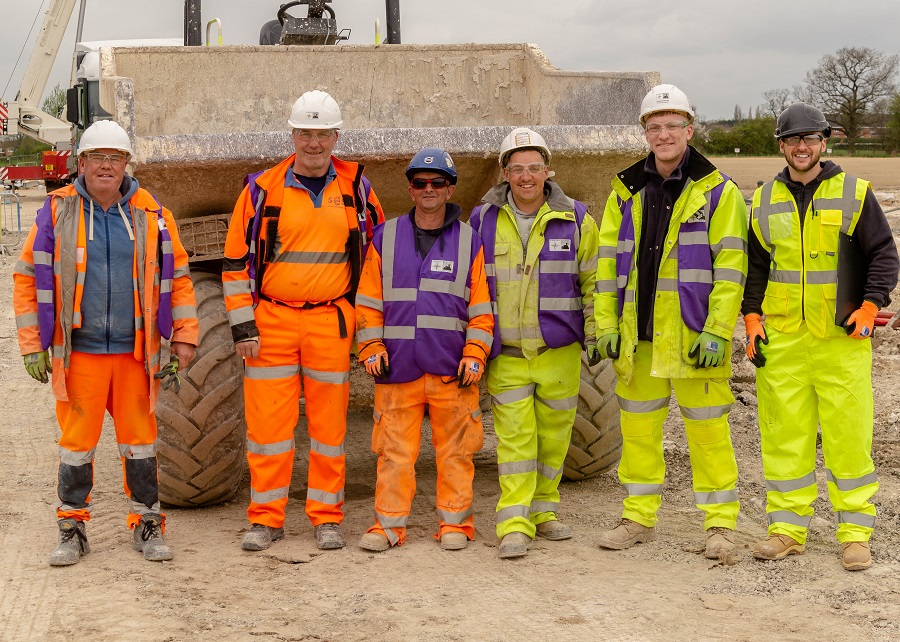Latest News
Brexit: Why We Must Encourage Young People into Construction Careers
Posted on Wednesday, 2nd January 2019

It is now expected that the UK will exit the European Union, and this serves as a reminder to employers and educators that we must invest in the British workforce to head off any skills challenges. Of course, it is important to invest in the current workforce, but it is as equally important to train and attract the next generation. This week we are discussing how Brexit will affect construction skills and how to engage with younger people who might be interested in the industry.
How Will Brexit Affect Construction Skills?
The construction industry in the UK relies on skilled Europeans. According to an Office for National Statistics study, 7% of workers in the construction industry in the UK are EU27 nationals and 3% are non-EU. The worry is that after we exit the EU skilled workers will either find it harder to come to the UK to find employment or won’t be able to. This would see a significant drop in the number of skilled workers.
Speaking to building.co.uk, Blane Perrotton, managing director of property consultancy Naismiths, said: “If Brexit shuts off the tap of skilled European workers on which UK construction relies, there’s a real danger we could reach a point where the industry can no longer deliver everything that is asked of it.”
A shortage of skilled workers could lead to higher project costs which would spell trouble not only for the private sector but for the government, who have an objective to build a million new homes. The decline in housebuilding could lead to a worsening of the housing crisis, especially in large cities, such as London.
It’s not all doom and gloom though; some folk think that the drop in migrant labour could push up UK wages – especially for unskilled positions.
Brexit isn’t the only skills challenge the industry faces either; the UK has an ageing workforce with less young people attracted to careers in construction.

Young People and Construction Careers
Late last year, it was reported that the construction industry had dropped out of the ‘top ten trades’ for young people to want to enter. Data from the Office for National Statistics showed that the industry has dropped to 12th position on the list of top jobs for those aged 22 to 29.
Despite the government heavily investing in apprenticeship schemes and funding, the construction industry might just have an image problem. Many youngsters are encouraged to take the university route and not enough emphasis placed on vocational qualifications and the highly skilled roles within the construction industry are often overlooked. When young people see construction sites, they don’t see the technical work that goes on in the background and highly skilled workers; they see what doesn’t look like an appealing job.
Post-Brexit, high level technically skilled people will be needed more than ever in the construction industry so it’s perhaps time to bring forward and promote that side of the industry.
Geoffrey Makstutis, subject lead for Construction with Pearson’s Higher Education Qualifications echoed this in an online article and gave his thoughts on how we can progress, saying:
“For the year ahead, I’d like to see education leaders, employers and government work together to promote a view of the industry that appeals to students and parents. This should include information to help schools’ careers advice and guidance teams to present the industry as a career of choice.”
It is also hoped that in the future, students will choose the industry by way of newly devised ‘T Levels’, being introduced by the Government in 2020. T Levels will be a technical alternative to A levels, for students wanting to gain qualifications in skilled jobs.
T levels will perhaps seem more appealing than apprenticeships which have had varying levels of success; for both students and employers.
In the meantime, employers in the industry should seek to encourage their younger employees to stay in the industry with training and upskilling – there are plenty of courses and routes to go down in the construction industry. NVQ’s being a popular option for many younger people and those seeking to further their careers.


